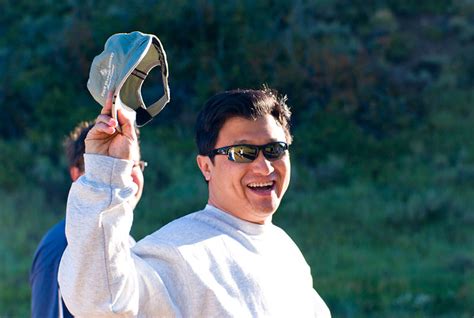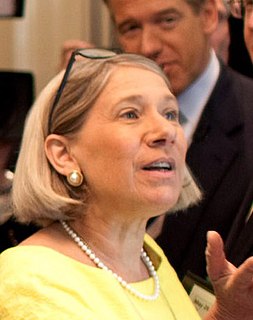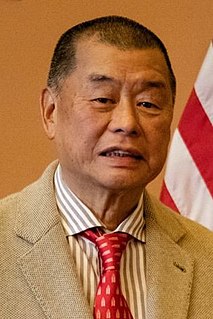A Quote by Amiri Baraka
Mao Zedong was a revolutionary. He made a revolution.
Quote Topics
Related Quotes
Not only did Mao Zedong Thought lead us to victory in the revolution in the past; it is - and will continue to be - a treasured possession of the Chinese Communist Party and of our country. That is why we will forever keep Chairman Mao's portrait on Tiananmen Gate as a symbol of our country, and we will always remember him as a founder of our Party and state. Moreover, we will adhere to Mao Zedong Thought. We will not do to Chairman Mao what Khrushchev did to Stalin.
Mao Zedong Thought was not created by Comrade Mao alone - other revolutionaries of the older generation played a part in forming and developing it - but primarily it embodies Comrade Mao's thinking. Nevertheless, victory made him less prudent, so that in his later years some unsound features and unsound ideas, chiefly "Left" ones, began to emerge. In quite a number of instances he went counter to his own ideas, counter to the fine and correct propositions he had previously put forward, and counter to the style of work he himself had advocated.
I would be quite content if I myself could be rated fifty-fifty in merits and demerits. But one thing I can say for myself: I have had a clear conscience all my life. Please mark my words: I have made quite a few mistakes, and I have my own share of responsibility for some of the mistakes made by Comrade Mao Zedong. But it can be said that I made my mistake with good intentions. There is nobody who doesn't make mistakes.
When he served in China during World War II, [Ho Chi Minh] learned about Mao Zedong's tactics of guerrilla war against the Japanese (and later against Chiang Kai-shek's forces), and he translated some of Mao's works into Vietnamese. But it is clear that his own ideas on how to counter the enemy ran along the same lines.
So far as Chairman Mao's own hopes were concerned, he initiated the "Cultural Revolution" in order to avert the restoration of capitalism, but he had made an erroneous assessment of China's actual situation. In the first place, the targets of the revolution were wrongly defined, which led to the effort to ferret out "capitalist roaders in power in the Party". Blows were dealt at leading cadres at all levels who had made contributions to the revolution and had practical experience, including Comrade Liu Shaoqi.
In the last couple of years before Chairman Mao's death he said that the "Cultural Revolution" had been wrong on two counts: one was "overthrowing all", and the other was waging a "full-scale civil war". These two counts alone show that the "Cultural Revolution" cannot be called correct. Chairman Mao's mistake was a political mistake, and not a small one.
It is not difficult to be a revolutionary when revolution has already broken out and is in spate, when all people are joining the revolution just because they are carried away, because it is the vogue, and sometimes even from careerist motives. It is far more difficult--and far more precious--to be a revolutionary when the conditions for direct, open, really mass and really revolutionary struggle do not yet exist.

































